Listed below are profiles of a selection of our current Doctoral Students.
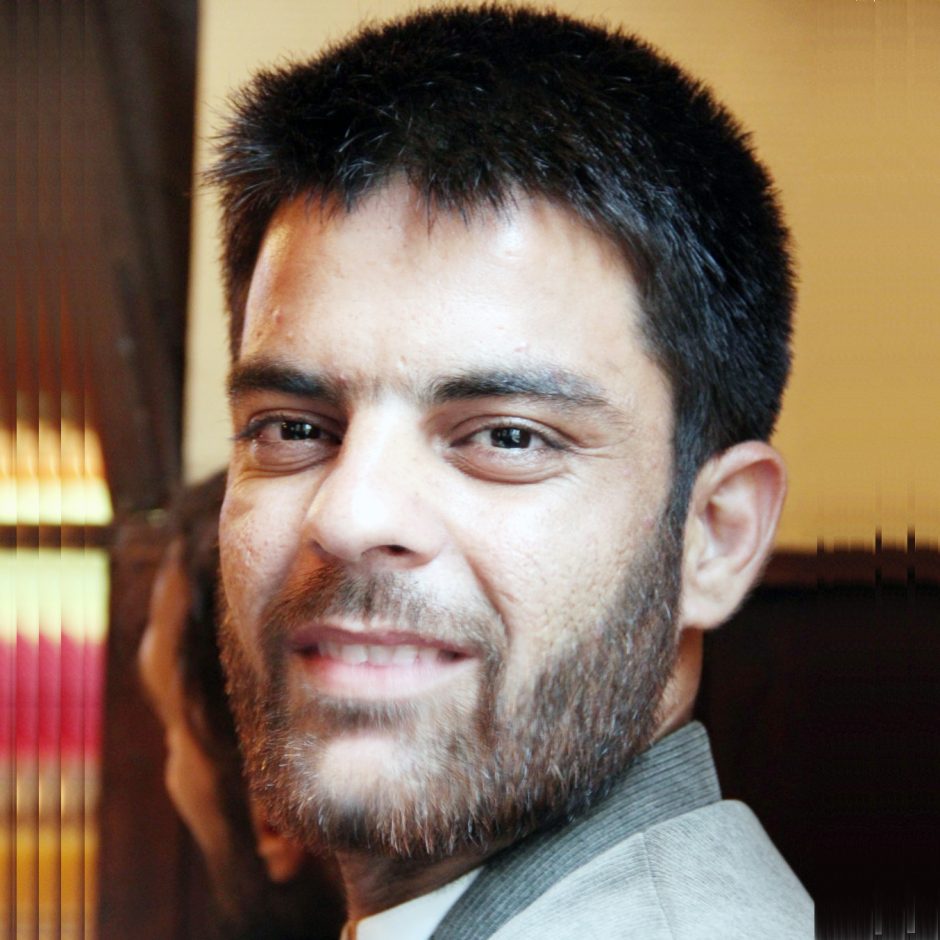
Gulzar Ahmad
Curriculum Studies Education | Social Studies Education
Supervisor | Dr. Penney Clark
Gulzar Ahmad is a doctoral candidate in Curriculum Studies at the University of British Columbia. His research focuses on the Critical Discourse Analysis (CDA) of state-sponsored K-12 social studies and history curricula and textbooks in Pakistan. He aims to deconstruct hidden meanings, exclusions, and silences through his doctoral research, mainly focusing on religion, gender, and ethnicity. Since the fall of 2021, he has been working as a Research Assistant with the “Thinking Historically for Canada’s Future” (THCF) project. This role has provided him with the opportunity to gain invaluable insights into using CDA and the Equity, Diversity, Inclusion, and Decolonization (EDID) frameworks to analyze curricula and textbooks. His experience in the THCF project has deepened his interest in examining Canadian social studies and history education through these critical lenses./
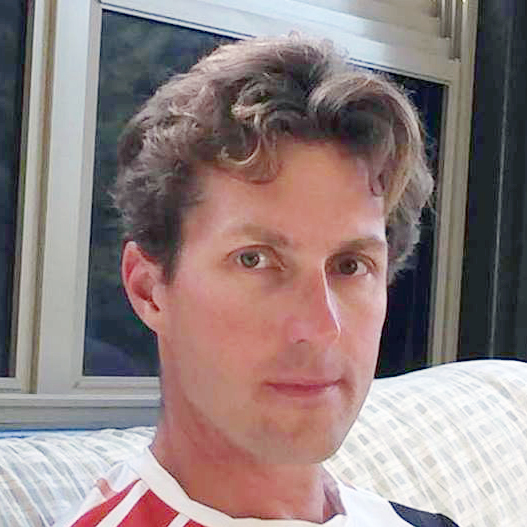
Ian Alexander
Curriculum Studies Education
Supervisor | Dr. Penney Clark
I am a first-year PhD student in the Department of Curriculum and Pedagogy. I am originally from Nova Scotia and first studied History at Mount Allison University and eventually Education at Brock University. With an interest in exploration, I first went to South Korea to teach English and then to China where I mostly taught Social Studies and English Language Arts in two BC curriculum offshore schools. I also coached ultimate frisbee and helped build a youth league with other schools in Shanghai. When I returned to Canada, I completed an MA at the University of Victoria researching the perspectives and experiences of BC offshore school graduates and internationalization of education. Now at UBC, I plan to research how Canadian teachers depict and Chinese students perceive social studies and humanities courses taught in British Columbia offshore schools.
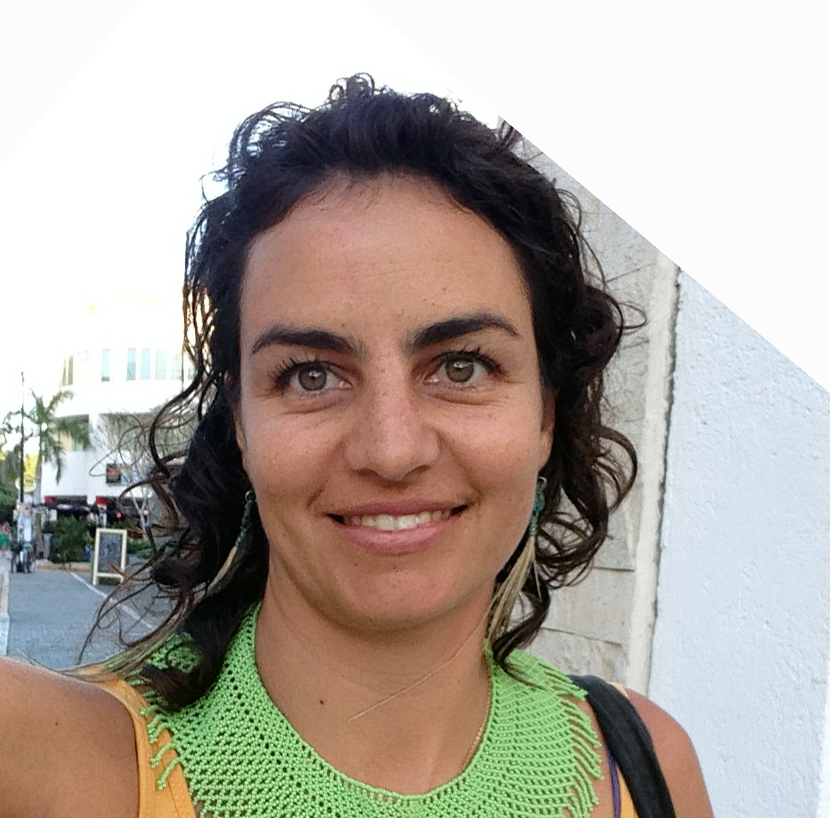
Maria Jose Athie Martinez
Curriculum Studies Education
Supervisor | Dr. Cynthia Nicol
I, Maria Jose, am an educator who has had the opportunity to walk alongside Indigenous people on educational projects defined by their own terms. I have identified myself as two-Spirit Mestiza, with Indigenous heritage. I feel honoured to have worked collaboratively and to have learned how to recreate a curriculum in order to make it culturally responsive. After working on culturally relevant curriculum development, I always wonder what have others felt and learned from the experience and what we all can learn from that process. This is the reason why I wanted to explore the experience of the stakeholders involved in developing lessons based on the tipi story for my Master’s thesis. I was born in Mexico City and raised since I was two years old in the Cancun area. I have the blessing to speak the Mayan language, of the territory I grew up in, and my Mayan name is X-Jose. But also, I have worked with and understand Ayuujk Jay, Pur’epecha, Ñöñho, Yaqui, among others. I have been a visitor in Musqueam territory where I have had the blessing of studying my MA and now my PhD at UBC. For my PhD I want to compare how teachers feel to be prepared or not to work in minority Indigenous groups in Mexico, Colombia and Argentina. I love the outdoors, love to share life, food and stories. I am happy to be part of the EDCP graduate community again!
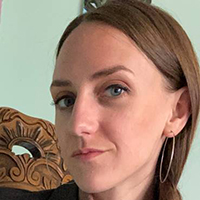
Angela Baldus
Curriculum Studies Education | Art Education
Supervisor | Dr. Rita Irwin
Angela Inez Baldus is a second year PhD student at the University of British Columbia in the Department of Curriculum and Pedagogy studying Art Education. Her scholarship follows and attends to different forms of art education as they pertain to the speculation of its future, what it is, and what it might become. This process engages creation, scholarship, and research pertaining to and influenced by contemporary art practices, such as conceptual and relational art practices, which offer new ways of thinking about and teaching art. Her research values relational practices for what they offer to the field of art education as they may foster community and help maintain inclusive educational spaces. In addition to serving as a 2020-2021 peer advisor she is the 2020-2021 communications liaison for the National Art Education Association Community Art Caucus and one of the lead organizers behind Teach Anything British Columbia (a community of graduate students dedicated to understanding and provoking the materiality of our teaching practices).
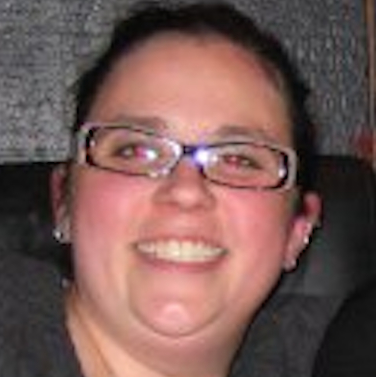
Elizabeth Beattie
Curriculum Studies Education
Supervisor(s) | Dr. Samson Nashon, Dr. Sandra Scott
Elizabeth Beattie is a doctoral candidate in the Department of Curriculum and Pedagogy, Faculty of Education, University of British Columbia. Her research focuses on how students create meaningful outdoor environmental and science learning experiences, with an emphasis on early childhood education. She hopes to work with teachers and curriculum planners to incorporate outdoor learning into the standard curriculum, to promote meaningful, active, relevant, student-driven learning, teaching, and assessment. Elizabeth grew up in Toronto, but fell in love with the West Coast when she moved there to do her undergrad. She likes paddling, baseball, red wine, cats, and mystery novels.
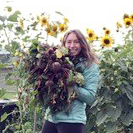
Gabrielle Edwards
Curriculum Studies Education
Supervisor | Dr. Kerry Renwick
Gabrielle (she/her) is a PhD candidate in the Department of Curriculum and Pedagogy Studies. Her research interests revolve around whole school approaches to school food education, food literacy and food citizenship. Gabrielle has a background in agriculture and food security holding a B.Sc. in Agriculture from the University of Saskatchewan and a M.A. in Human Development and Food Security from Roma Tre University in Italy. Gabrielle also has a background working in the non-profit sector through her work as a Program Coordinator with Agriculture in the Classroom – Saskatchewan. She is passionate about food security advocacy work and has been actively involved with the Canadian Food Grains Bank since 2016. In her free time Gabrielle likes to be outside cycling, hiking, camping, running and skiing as well as spending time with her partner (Mitch) and their cat (Desi).
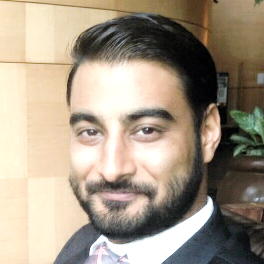
Alim Fakirani
Curriculum Studies Education | Social Studies Education
Supervisor | Dr. Penney Clark
Alim Fakirani is a PhD student and 4YF fellow in the Department of Curriculum and Pedagogy in the Faculty of Education at the University of British Columbia. A graduate of McGill University (BA, 2007) and the Institute of Education – University College of London (MA Ed Hon. and MTeach Hon., 2010), Alim has taught a variety of young learners in Vancouver, Montreal, Kinshasa, and various regions in Madagascar. His experience working with refugee, immigrant, and (visible) minority students coupled with his experience of schooling in Canada as a first-generation Canadian inspired his desire to examine the representation of these students’ histories in Canadian curriculum. Alim is convinced that such inclusion could lead to a more robust Canadian democracy. He is excited to put this theory to the test as he pursues his doctorate. Alim’s previous published scholarship focused on religious literacy as a way of increasing understanding across lines of socio-religious differences. He also holds subject-specific certifications in social studies education from UBC and Harvard University. Alim is a father of two young girls who motivate him to think about their place, history, and narratives in the education they will receive.
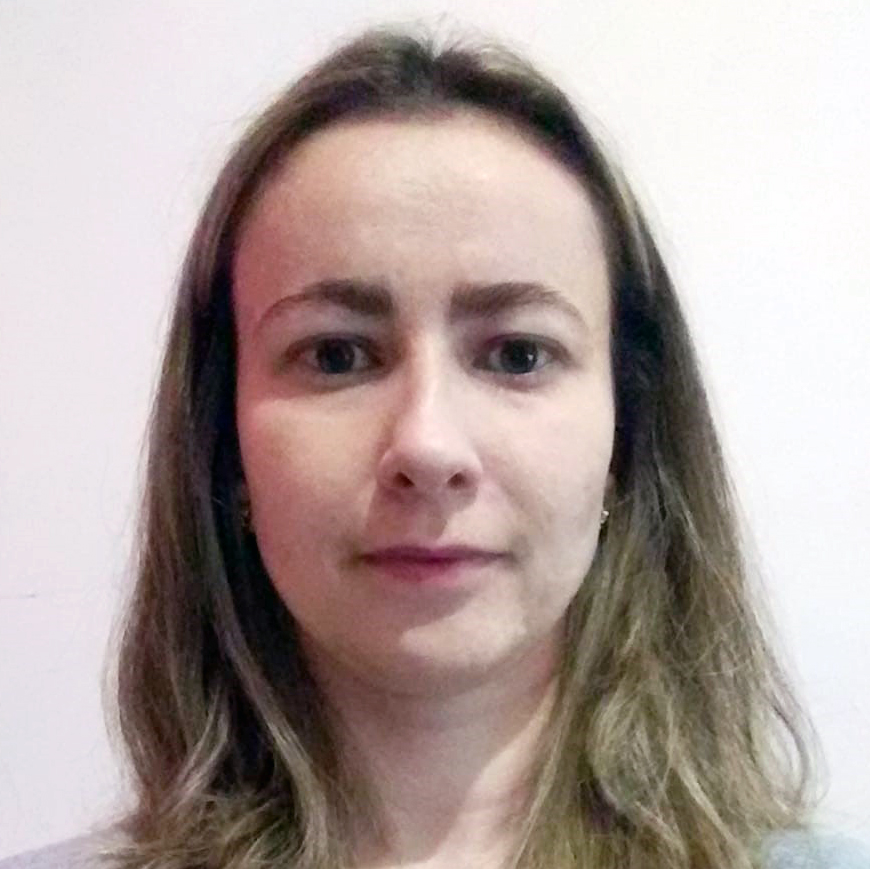
Ariane Faria dos Santos
Curriculum Studies Education
Supervisor | Dr. Leyton Schnellert, Dr. Cynthia Nicol
I am a Ph.D. student at the University of British Columbia’s Department of Curriculum and Pedagogy. My research interests include math classroom practice and curriculum implementation to improve opportunities to learn for students with different backgrounds. During my Ph.D. program, I am particularly interested to understand how learning studies and variation theory can support British Columbia math teachers make decisions in the specific context of their classroom practices. I hope my research can better connect both micro (classroom/schools) and macro (policymakers) actors to design and implement more equitable curriculum policies.
Before coming to Canada, I analyzed classroom teaching practices to improve student learning opportunities in Latin America and worked with universities and policymakers to design better curricula and more equitable educational policies. I am also a former philosophy public high school teacher and math educator in an NGO in Brazil. My background includes a master’s in International Education Policy Analysis from Stanford University (USA) and another in Education from the University of Sao Paulo (Brazil). I also have a bachelor’s and Teacher Credential in Philosophy from the University of Sao Paulo (Brazil).

Travis Fuchs
Curriculum Studies Education | Science Education
Supervisor | Dr. Michelle Yuen Sze Tan
Travis Fuchs is Action Research Specialist at Crofton House School and a Ph.D. Candidate at the University of British Columbia. His research is supported by the Social Sciences and Humanities Research Council Canada Graduate Scholarships Doctoral, UBC’s Killam Doctoral Scholarship, and The Vancouver Poppy Fund. Travis does research in teacher professional development and science education. Prior to his current roles, he was a high school and middle school science, mathematics, and learning support teacher.

Sonia Huda
Curriculum Studies Education
Supervisor | Dr. William Pinar
Sonia Huda is a PhD candidate in the Department of Curriculum and Pedagogy at the University of British Columbia. Her research interests include autobiography, theological curriculum theory, and lived curriculum. Her doctoral study seeks to examine the role of lived experience in the pursuit of a curriculum of “moreness.” She is particularly interested in the ways in which lived faith traditions inform and shape one’s educational practice.
In addition to her academic research, Sonia has served as a community educator with the Ismaili Tariqah and Religious Education Board for over a decade, working in Canada, the United States, and Pakistan. She holds a Master of Education (MEd) in Curriculum and Pedagogy from the University of British Columbia, a Master of Arts (MA) in Education (Muslim Civilizations and Societies), and a Master of Teaching (MTeach) from the Institute of Education at the University of London. She earned her Bachelor of Arts (BA) in Islamic Studies and Middle Eastern Studies from the University of Texas at Austin.
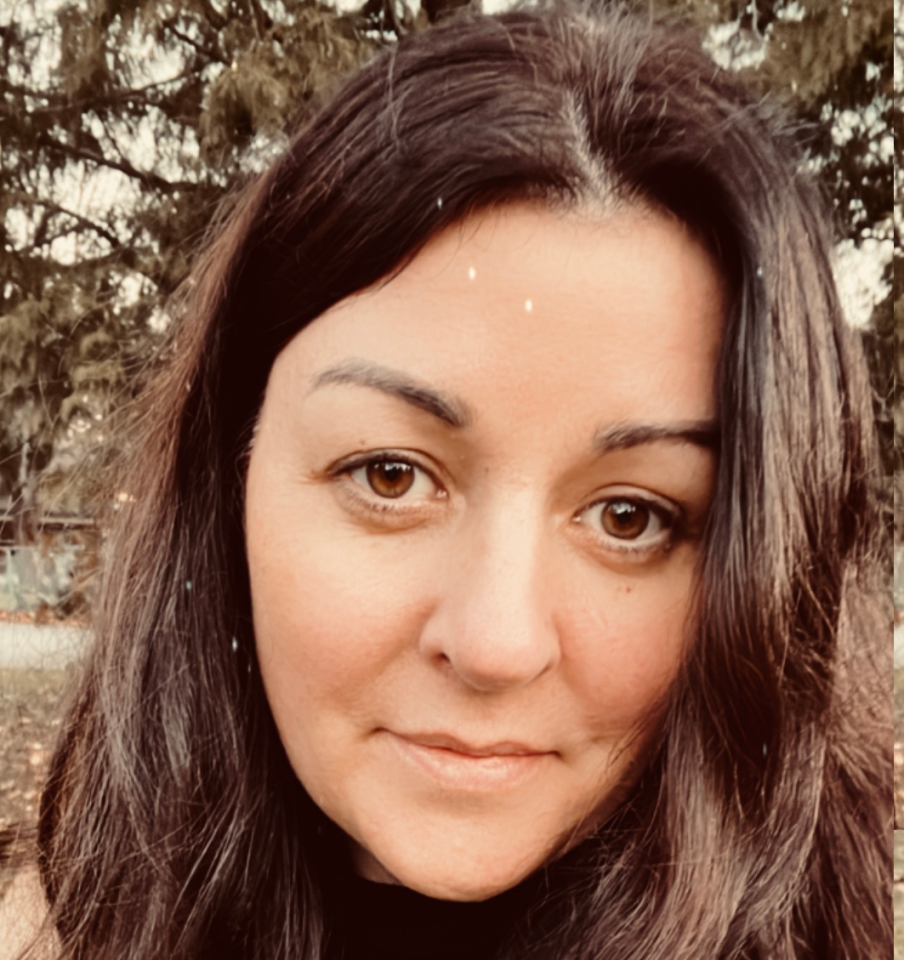
Lori Huston
Curriculum Studies Education
Supervisor(s) | Dr. Cynthia Nicol, Dr. Jan Hare
Lori Huston (she/her), a doctoral student in the Graduate Program in Curriculum Studies, Faculty of Education, the University of British Columbia. I am of mixed descent, Métis, Scottish and British. My cumulative research experiences and graduate studies have focused on Indigenous ECE leadership, highlighting Indigenous pedagogies connected to reconciliation, place, and land-based teachings. My MEd portfolio examined the connections of Indigenous pedagogies to reconciliation and place and land-based teachings. Continuing in this critical area of pedagogies in Indigenous early childhood education, I plan to focus on how knowledge and Indigenous epistemologies particular to a specific place/land inspire a “heart pedagogy” for Indigenous early childhood education. My long-term relationships and professional engagement within Ontario’s broader Indigenous early childhood community will allow for a solid relational foundation to undertake my doctoral study with Indigenous programs, educators, families, and children. I am excited and grateful to be a part of the EDCP graduate community.